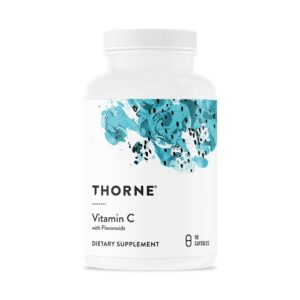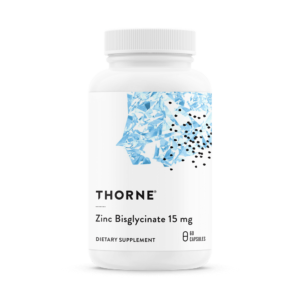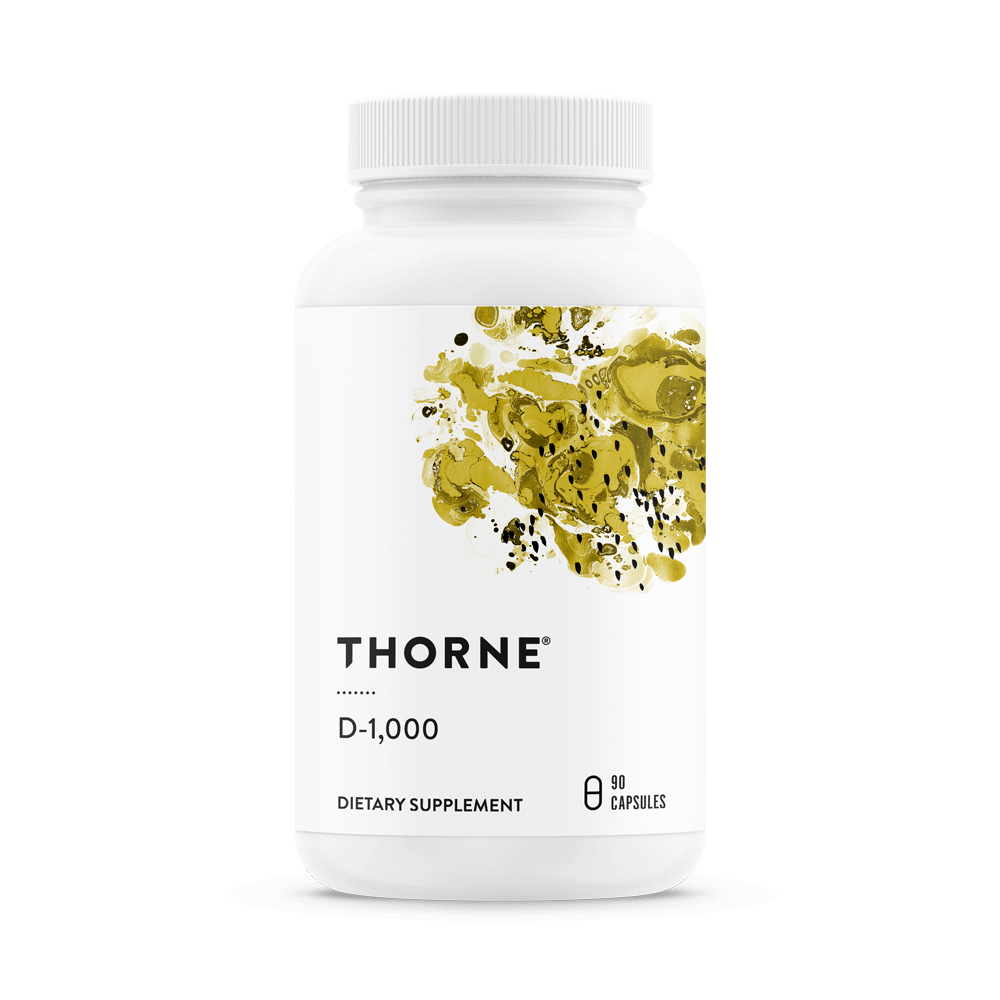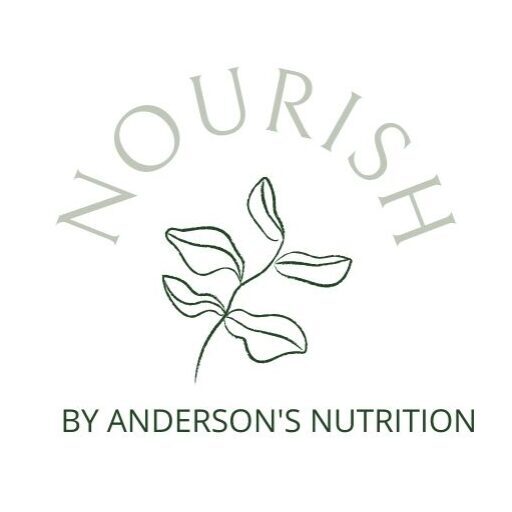Overview | Diet | Nutrients | Lifestyle
A healthy immune system is a worthy goal for anyone who wants to avoid illness, and let’s face it: That’s all of us! But how can you best support your immune system? If you research this topic, you’ll certainly find tons of information, tips and tricks. But which of this advice is based on actual science? In this article, we discuss how factors like eating a balanced diet, consuming specific nutrients, and making various lifestyle choices can help keep your immune system strong (and help your body ward off illness.)
The Immune System: What is it?
The immune system is a vital component of our overall health and is comprised of multiple organs, cells, and proteins. It is the system that helps protect our bodies from harmful substances that can make us ill.
With a strong immune system, our body is well-equipped to handle what life may throw at us. In fact when our immune system is running smoothly, we hardly notice that it is there. However if our immune system is not working properly – whether because it is weak or because we have encountered a germ we can’t fight off – that is when we begin to feel sick.
The Main Functions of the Immune System
The immune system has a few main functions that help protect our bodies and keep us safe from harmful germs, bacteria or pathogens:
To Fight: The immune system works to fight off harmful or disease-causing microorganisms such as bacteria, fungi, viruses, parasites or cancer cells and removes them from the body.
To Recognize and Neutralize: The immune system works to recognize and neutralize harmful substances from the environment and then rids the body of them.
Supporting A Healthy Immune System
Now that we know what the immune system is, you might be wondering how best to support this critical component of your health. It is important to note that our immune system is a complex system that is unique to each individual, so guidance may vary from person to person. However, there are a few general recommendations that apply to almost everyone. We discuss these below.
Diet
During times of illness or whenever flu season is approaching, you may be tempted to stock up on certain foods to help boost your immune system. For example, common go-to items include foods rich in Vitamin C like oranges, immune-boosting honey, or homestyle chicken soup.
While these foods can certainly be part of a balanced diet, our immune system is impacted by many factors, not just diet. Also it doesn’t rely on very specific foods or nutrients. Rather, a well-balanced diet rich in fruits, vegetables, vitamins and minerals, along with an overall healthy lifestyle, can help us enhance our immune system to better fight off diseases.
A healthy diet may look different for everyone, but general guidelines recommend consuming a variety of foods including fresh fruits, vegetables, lean proteins and whole grains. As dietitians, we often advise our clients to “eat the rainbow.” And that’s really what we mean! A diet rich in variety and color helps ensure we are meeting our nutritional needs.
If you are overwhelmed by information and are wondering which foods can truly help keep your immune system healthy and strong, we can help. Schedule an appointment with one of our dietitians! They will review your diet to ensure you are getting the right nutrition for optimum immune system health.
Key Nutrients
Deficiencies in some vitamins or minerals may make our immune system more susceptible to getting sick. A balanced diet can help provide these nutrients. We believe in a food-first approach, but supplements may also be a helpful addition to your diet.
Some Key Points about Supplements:
- They are typically used for people who are deficient in a certain nutrient.
- Supplements are not regulated by the FDA, nor are a company’s claims.
- They may be unsafe in some situations.
If you have a healthy diet and do not have any medical conditions that require supplementation, you may not need them. Many foods naturally provide these vitamins and minerals (along with other potentially immune-supporting components).
Below, we have listed some nutrients that are important to immune health and have included a few foods rich in these nutrients to incorporate into your diet. Eating these foods will help you take advantage of their immune-supporting benefits. We also recommend a supplement option for anyone whose diet is not providing enough of these specific nutrients.
Remember to check with your doctor before taking a supplement. Your doctor can alert you of any potential interactions with medication, and/or any negative consequences in light of your medical status.
Vitamin C
Vitamin C has been studied for decades for its effects on the immune system. This important micronutrient works as an antioxidant in our bodies, neutralizing free radicals, which can cause oxidative stress in our bodies over time. Meanwhile Vitamin C also helps stimulate the activity of our white blood cells, which are another component of our immune system that helps recognize and neutralize foreign threats.
Dietary Sources of Vitamin C:
- Red Bell Pepper
- Citrus Fruits
- Oranges
- Kiwis
- Grapefruit
- Strawberries
- Broccoli
- Brussels Sprouts
When you are not getting enough Vitamin C in your diet, or would like to take a little extra, then a supplement may work for you. A few things to note: If you take too much vitamin C, it can cause diarrhea. Also Vitamin C is a water-soluble vitamin, which means that any extra that our body doesn’t need leaves the body through urine. For these reasons, taking too much Vitamin C is not helpful.
If you are looking for a Vitamin C supplement, we recommend the one below, from Thorne.

Vitamin C Supplement from Thorne: You can purchase these directly from the manufacturer and it ships to your home. Click HERE for more product information.
Zinc
Zinc is considered a trace mineral because the body only needs a small amount to maintain and support immune system functionality. The Recommended Dietary Allowance (RDA) for Zinc is 11 mg a day for men and 8 mg a day for women. You can read more about RDA amounts here.
Zinc plays a crucial role in immune system function due to the support it provides in promoting the growth of immune cells.
Dietary Sources of Zinc:
- Lentils
- Fortified Cereals
- Pumpkin Seeds
- Oysters
- Beef
Getting Zinc from food is always best. However, sometimes this can be challenging for a variety of reasons including access to food and food preference. For example, vegetarians may not be able to meet the RDA. Zinc does have an Upper Limit of 40mg, which means it can cause harm. Zinc can also interact with medication. Click here to read more about zinc.
Our favorite Zinc Supplement is Zinc Picolinate by Throne. It is in a form that is absorbed at a higher rate than others. (Remember to make sure it is ok with your doctor before taking a supplement).

Zinc Picolinate: You can purchase directly from the manufacturer and it ships to your home. Click HERE for more product information.
Vitamin D
Vitamin D has been shown to support the immune system through its effects on inflammation and cell signaling. It therefore helps to reduce the production of inflammatory proteins and increases production of anti-inflammatory proteins that interact with other cells.
The sun is a source of Vitamin D, so head outside and get a little sunshine! but do keep in mind that being in the sun without sunscreen can increase your risk of skin cancer, so talk to your doctor about what the right amount is for you.
You can always take a Vitamin D supplement to help get the amount that you need. It is important to note that there are risks of excess Vitamin D ingestion. Therefore before supplementing with Vitamin D, check with your doctor to see if it is the right fit for you.
Dietary Sources of Vitamin D:
- Rainbow Trout
- Sockeye Salmon
- Fortified Milk
- Cheddar Cheese
- Fortified Cereals

Vitamin D supplement: You can purchase directly from the manufacturer and it ships to your home. Click HERE for more product information.
What to Look for in a Supplement
Taking a supplement does not mean you will be supercharging your immune system. As such it really is both a personal (and financial) choice. If you do decide to supplement, below are some things to keep in mind:
1. Purity: Since supplements are not FDA-regulated, there is no government agency checking for purity or toxins. Companies can hire a trusted third-party to have this testing done (but many do not). A popular certification is USP.
2. Upper Limits: Keep in mind that some supplements cannot be taken in large quantities. You can look up the limits of many supplements here. And as always, consult with your doctor.
3. Source: Make sure that you are purchasing from reputable sources, especially online. Check if they are approved retailers of the brand. We recommend buying straight from the manufacturer.
4. Common Sense: If it seems too good to be true, it probably is. Do your research and find brands that are right for you and for your needs.
A Registered Dietitian can review the supplements you are currently taking, and make recommendations of any supplements you may want to consider. They can also do a complete review of your nutrition, to determine if you could benefit from adding a supplement to your daily diet. Schedule a consultation by clicking the button below. We take medical insurance and also offer a discounted self-pay rate of $160 for anyone who does not use insurance.
Lifestyle
1. Exercise daily to keep your immune system healthy
One way you can support a healthy immune system is to make sure you are active every day. Exercise gives the body a little extra push in the right direction. Simply walking around your neighborhood, breathing in the fresh air and getting some Vitamin D from the sunlight can be enough to keep your immune system healthy. Exercising for at least 150 minutes each week (or 30 minutes 5 days a week) is recommended.
Some Examples to Get You Started:
- Walking
- Strength training
- Yoga
- Pilates
- Riding a bike
2. Support a healthy immune system with adequate rest
Poor sleep has shown to decrease the ability of our immune system to fight off disease-causing pathogens and bacteria. When we have a night of fitful or restless sleep, we often feel tired or sluggish the next day. Our immune system works the same way when we have inadequate sleep: it cannot function at its best. Studies have shown that those who routinely sleep less than 7 hours each night are more likely to develop the common cold than those who sleep more.
Some suggestions for getting a good night’s sleep:
- Be consistent with your bedtime and wake up time, even on the weekends
- Make your bedroom a relaxing, calm and comfortable space
- Stay off of electronic devices at least 1 hour before bed
- Avoid large meals, alcohol and/or caffeine before bed
3. Find ways to reduce your stress level
Stress is difficult for the immune system to manage and can inhibit its ability to fight diseases and keep you well. Stress releases the hormone cortisol, which can suppress the immune system by lowering the number of lymphocytes (a type of white blood cell that fights bacteria and viruses).
Some ways to reduce your stress level:
- Painting
- Reading a book or magazine
- Meditating or praying
- Playing with your animals
- Journaling
Often time people find stress relief by meeting with a health coach. Our certified health coaches are a great resource to help get you started. Set up a free Learn More call to see if it’s right for you.
How Anderson’s Nutrition can help
Learning how to support a healthy immune system can be difficult and there is not a “one size fits all” approach. However our Registered Dietitians can provide education and support to keep you healthy and well, even in the face of seasonal threats like colds, flu and Covid. They can also review your current diet, to be sure you are consuming the right foods and nutrients for optimum health. Finally, they can recommend any supplements they think would be helpful. Click the button below to schedule an appointment.







